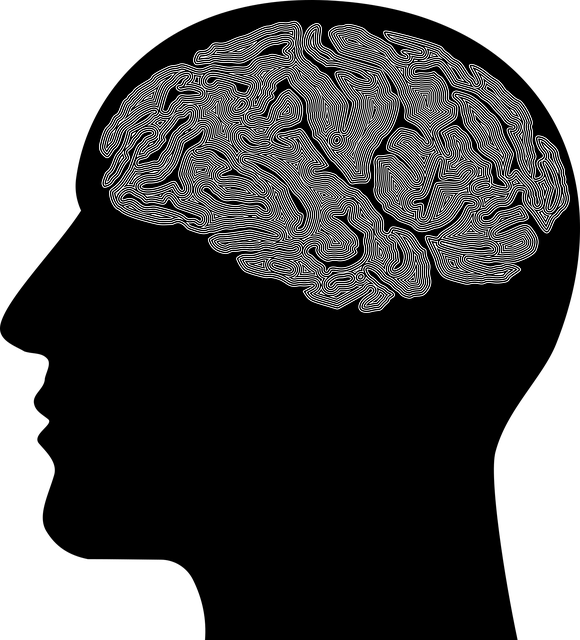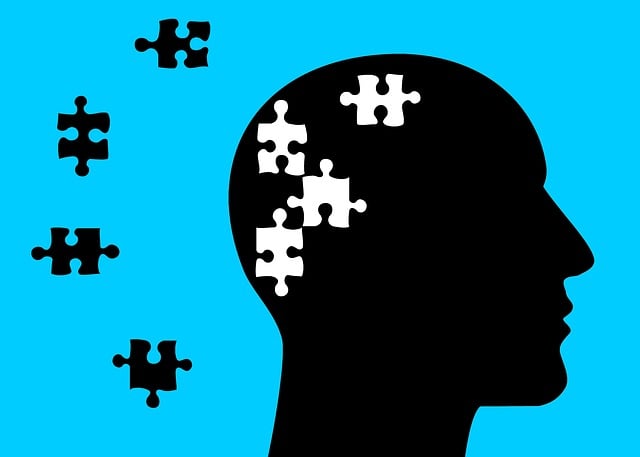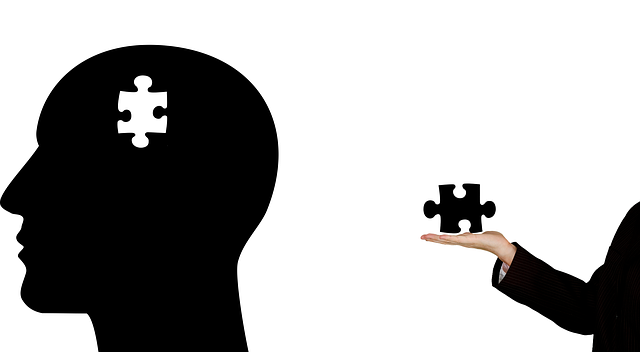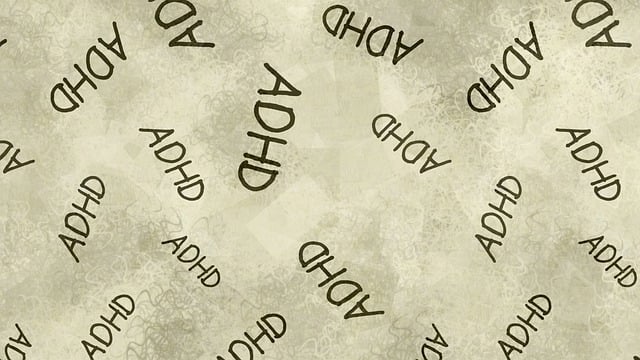Misdiagnosis of mental health conditions, especially depression, is a critical issue with severe consequences. Englewood Depression Therapy addresses this problem through various initiatives: utilizing emotional intelligence assessments for more accurate diagnoses, implementing empathy-building strategies in assessment protocols, training professionals to identify subtle signs of distress early, and leveraging technology like online assessment tools and mobile apps. They promote a patient-centered approach, focusing on individual needs, active listening, and personalized interventions, including community outreach programs and coping skills development. These efforts aim to improve diagnosis accuracy, enhance patient support, and ultimately, catch mental illnesses before escalation, leading to better outcomes and improved quality of life for those facing mental health challenges.
Mental illness diagnosis accuracy is a critical aspect of healthcare, with significant implications for patient outcomes. This article explores efforts to improve diagnostic precision, focusing on challenges like high misdiagnosis rates and their impact. We delve into innovative assessment tools, advanced training for professionals, the role of technology, and a patient-centered approach, such as those employed in Englewood Depression Therapy. By examining these strategies, we aim to highlight how comprehensive improvements can lead to better mental health care.
- Understanding the Challenges: Misdiagnosis Rates and Their Impact
- Innovative Assessment Tools: Advancing Diagnostic Accuracy
- Training Professionals: Early Intervention and Specialized Care
- Integrating Technology: Digital Solutions for Better Diagnosis
- Patient-Centered Approach: Empowering Individuals, Enhancing Support
Understanding the Challenges: Misdiagnosis Rates and Their Impact

Misdiagnosis rates in mental health are a significant concern, with various factors contributing to this issue. Studies show that many individuals suffer from undiagnosed or incorrect diagnoses, leading to delayed access to appropriate treatment and support. This is particularly problematic for conditions like depression, where early intervention can be life-changing. For instance, Englewood Depression Therapy has noted that misdiagnosis can occur due to the complexity of symptoms, the vast spectrum of mental health disorders, and sometimes, even cultural or socioeconomic barriers.
The impact of such misdiagnoses is profound, causing further distress to patients and hindering their recovery journey. It may lead to ineffective treatments, a disconnect between patient and therapist, and in severe cases, can contribute to the escalation of symptoms. Addressing these challenges requires a multifaceted approach, including initiatives like Compassion Cultivation Practices, Mental Wellness Coaching Programs Development, and Mental Illness Stigma Reduction Efforts, which collectively aim to enhance diagnosis accuracy, improve patient care, and foster a more supportive environment for those seeking mental health services.
Innovative Assessment Tools: Advancing Diagnostic Accuracy

In recent years, the field of mental health assessment has seen a surge in innovative tools designed to enhance diagnostic accuracy. These advancements are addressing longstanding challenges in identifying conditions like depression and anxiety disorders, which have often been stigmatized and under-diagnosed. One such tool gaining traction is the integration of emotional intelligence (EI) assessments alongside traditional methods. By evaluating an individual’s ability to recognize and manage their emotions, EI can provide valuable insights that complement clinical interviews and self-report measures. This two-pronged approach ensures a more comprehensive understanding of a patient’s mental state, leading to more precise diagnoses, especially in cases where emotional regulation plays a significant role.
For instance, Englewood Depression Therapy has pioneered the use of empathy-building strategies within assessment protocols. By fostering open communication and active listening, therapists can better interpret clients’ experiences and symptoms. This human-centric approach aligns with the mind over matter principles, empowering individuals to take an active role in their mental health journey. Such innovative practices not only improve diagnostic accuracy but also strengthen the therapeutic alliance, making treatment plans more effective and tailored to each patient’s unique emotional landscape.
Training Professionals: Early Intervention and Specialized Care

Early intervention is a cornerstone of successful mental health treatment. Professionals are increasingly being trained to recognize subtle signs of distress, allowing for timely referrals and specialized care. This proactive approach, emphasized in Englewood Depression Therapy, aims to catch mental illnesses before they escalate. By fostering an environment where individuals feel comfortable seeking help, we can significantly improve diagnosis accuracy and patient outcomes.
Specialized care tailored to individual needs is crucial. Mental Health Policy Analysis and Advocacy play a vital role in ensuring that resources are allocated for such specialized services. Confidence-boosting strategies, coupled with stigma reduction efforts, encourage open dialogue about mental health. Through these collaborative initiatives, we can create a more supportive ecosystem, enabling professionals to deliver precise diagnoses and effective treatments, ultimately enhancing the quality of life for those facing mental illnesses.
Integrating Technology: Digital Solutions for Better Diagnosis

In recent years, integrating technology has emerged as a powerful tool to enhance mental illness diagnosis accuracy. Digital solutions, such as online assessment tools and mobile applications, play a pivotal role in this evolution. These platforms utilize advanced algorithms and artificial intelligence to analyze symptoms, providing healthcare professionals with comprehensive insights into patients’ mental health states. For instance, Englewood Depression Therapy leverages cutting-edge digital tools to offer personalized treatment plans, ensuring that each patient receives tailored support based on their unique needs.
Moreover, these technological advancements facilitate continuous monitoring and remote sessions, breaking geographical barriers. This is particularly beneficial for individuals who may face challenges in accessing traditional therapy services. Incorporating technology also supports the development of essential skills like emotional intelligence and social skills training through interactive digital platforms. Additionally, promoting self-care routine development for better mental health becomes more accessible with app-based interventions that guide users through stress management techniques and mindfulness exercises, ultimately contributing to improved diagnosis accuracy and patient outcomes.
Patient-Centered Approach: Empowering Individuals, Enhancing Support

Adopting a patient-centered approach is transformative in improving mental illness diagnosis accuracy and enhancing support for individuals seeking help. Instead of a one-size-fits-all model, this method prioritizes the unique needs, experiences, and perspectives of each patient. It involves active listening, shared decision-making, and tailored interventions. By empowering patients to take an active role in their care, mental health professionals can better understand their struggles and provide more effective treatment plans, such as those designed for specific conditions like Englewood Depression Therapy.
This shift necessitates a supportive environment where individuals feel safe to express their symptoms openly and discuss their fears and hopes without judgment. Community outreach programs play a crucial role in fostering this by raising awareness about mental health, normalizing conversations around depression prevention, and providing early intervention strategies. Coping skills development is also integrated into treatment plans, equipping individuals with the tools needed to manage stress, regulate emotions, and maintain resilience.
In a significant step towards enhancing mental health care, various initiatives aimed at improving diagnosis accuracy have emerged. From innovative assessment tools to integrated technology and patient-centric approaches, these efforts collectively strive to reduce misdiagnosis rates. As highlighted by the discussion on Englewood Depression Therapy, early intervention and specialized care play pivotal roles in effective treatment outcomes. Through continuous advancements and a holistic perspective, we can ensure that individuals receive accurate diagnoses and access the support they need, ultimately fostering better mental health outcomes.














